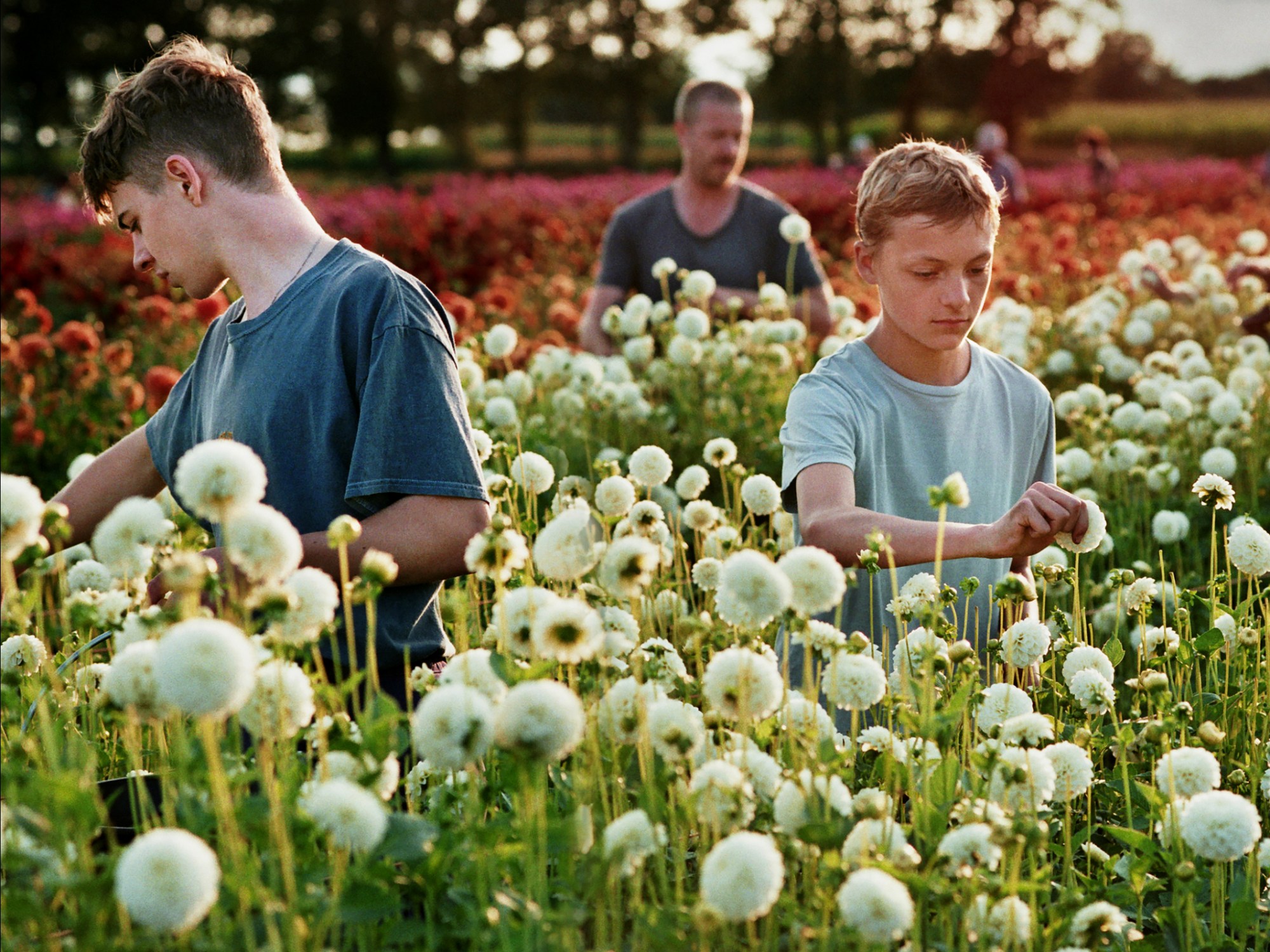
- Golden Globe Awards
Close (Belgium)
Winner of the Grand Jury Prize at the 75th Cannes Film Festival, Close is the second film by the Belgian film director and screenwriter Lukas Dhont. The story of two thirteen-year-old best friends, whose seemingly unbreakable bond is suddenly, tragically torn apart, is written by Dhont and Angelo Tijssens.
Close is the second film by Dhont and Tijssens reteaming after Girl, their feature film debut that premiered in the Un Certain Regard section and won Camera D’Or award at the 71st Cannes Film Festival in 2018 and received Golden Globes nomination for Best Picture – Non-English Language in 2019.
Eden Dambrine and Gustav De Waele play Leo and Remi, respectively, two best friends growing up in the same place and going to school together. The film follows them as they start high school, and their close friendship is questioned by other kids, hence being driven to its tragic finale. Émilie Dequenne and Léa Drucker star as their respective mothers.
In one of his interviews, Dhont mentioned that he was inspired by research about how the close friendships between boys changed as they aged. When discussing Close for the HFPA Podcast earlier this year, he said: “I was this young boy growing up and a lot of the girls around me in those teenager years, they were very, in a way, central, close, physical, intimate. And I have the feeling that when boys grow up, when they become teenagers, that we don’t always allow them the same space emotionally and physically to move in and to be close as we do with girls.”
He added: “I wanted to make a film about friendship and the memory of a friendship. I also wanted to make a film about masculinity and about how we don’t always allow young boys in this case, but then maybe further men to have that same emotional language and emotional and physical connection to each other.”
Close is an emotionally transformative and unforgettable portrait of the intersection of friendship and love, identity and independence, and heartbreak and healing. Besides belonging in the pantheon of coming-of-age dramas, Close is also one of the films focusing audience’s attention on the issue of verbal bullying behavior and its harsh consequences.

